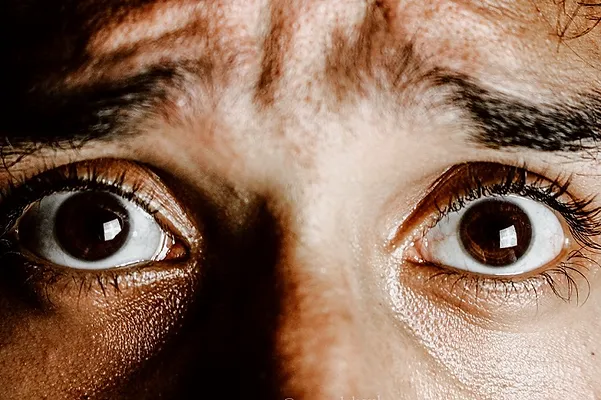Anxiety is one of the most common mental health challenges people face. If you’ve ever felt overwhelmed by worry, fear, or nervousness, you’re not alone. Anxiety can feel all-consuming and affect your daily life, making it hard to focus, relax, or engage in social situations. Understanding what anxiety looks like—and how to manage it—is the first step toward reclaiming your well-being.
What Is Anxiety?
Anxiety is a natural response designed to keep us safe. It’s part of the body’s “fight or flight” system that alerts us to danger. Occasional anxiety is normal and even helpful to stay alert. However, when anxiety becomes chronic or overwhelming, it can interfere with your ability to live a full and happy life.
Types of Anxiety Disorders
There are many forms of anxiety disorders, each with its unique symptoms:
-
Generalized Anxiety Disorder (GAD): Constant, excessive worry about everyday things.
-
Obsessive-Compulsive Disorder (OCD): Repeated intrusive thoughts and compulsive behaviors.
-
Phobias: Intense fear of specific objects or situations (e.g., spiders, driving).
-
Agoraphobia: Fear of leaving home or safe spaces.
Though symptoms vary, fear and avoidance are common across anxiety disorders. Recognizing these patterns helps in seeking the right treatment.
Signs and Symptoms of Anxiety
People with anxiety might experience:
-
Feeling restless, nervous, or “on edge”
-
Difficulty concentrating or mind going blank
-
Increased heart rate or sweating
-
Avoidance of social situations or new experiences
-
Physical symptoms like stomachaches or headaches
When to Seek Help for Anxiety
If anxiety regularly interferes with your work, relationships, or daily tasks, it’s important to seek professional support. A therapist or counselor can help identify your fears, triggers, and develop a personalized treatment plan. This may include:
-
Cognitive Behavioral Therapy (CBT)
-
Exposure therapy
-
Medication management
-
Stress reduction techniques
Anxiety Self-Help Tips: Manage Anxiety at Home
While professional help is key, there are effective ways to manage anxiety on your own:
1. Build Small, Positive Habits
Celebrate small victories like:
-
Establishing a daily routine
-
Practicing self-care for a few minutes each day
-
Eating balanced meals and exercising regularly
Consistency is key — it often takes 21 days to form a new habit.
2. Simplify Daily Choices
Feeling overwhelmed by decisions? Reduce stress by:
-
Meal prepping for the week
-
Pre-planning activities or leisure time
-
Creating to-do lists to organize your day
3. Stay Physically Active
Exercise releases mood-boosting endorphins and helps reduce anxiety symptoms. Aim for at least 30 minutes a day — walking, yoga, cycling, or any activity you enjoy.
Final Thoughts: You Are Not Alone
Living with anxiety can be challenging, but help is available. Small steps toward understanding and managing your anxiety can improve your quality of life. Remember to be kind to yourself and reach out to mental health professionals when needed.


